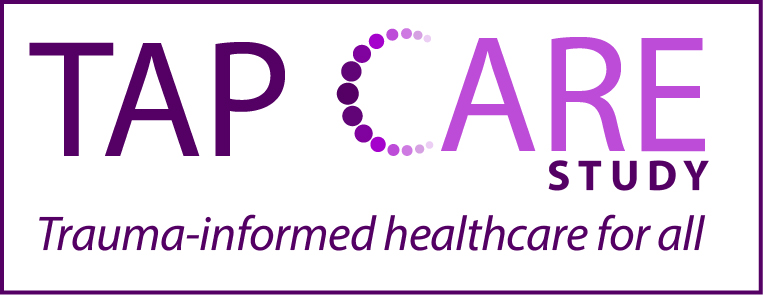Trauma-informed health care in the UK needs support from the government and NHS
- 27 September 2022
While a trauma-informed approach in health care is being endorsed in government and NHS policies, its implementation has been driven by trauma experts at the level of organisations and local authorities, finds a new study led by the University of Bristol’s TAP CARE team. A coordinated, evidence-informed government- and NHS- position statement, guidance, and explicit commitment is needed alongside UK evidence on the effectiveness and acceptability of trauma-informed approaches in health care.
Trauma-informed approaches recognise the high prevalence and negative impact of psychological trauma on patients and staff and transforms organisational culture, processes and practices to prevent re-traumatisation in services and improve experiences and outcomes for everyone. Despite limited evidence for effectiveness, it is gaining international support, including in UK policy. The TAP CARE policy review study aimed to understand how trauma-informed approaches are being introduced into policy, and how these policies are being interpreted and applied within UK health care.
Researchers analysed 50 UK policy documents and interviewed 11 professionals from health care organisations and local authorities, with experience in developing and implementing a trauma-informed approach.
Researchers found that trauma-informed health care was being endorsed in a wide range of UK policies, however, this was not supported by a UK evidence base or UK-wide or NHS-wide leadership, legislation, strategy and funding commitment. Piecemeal implementation of trauma-informed health care was found in England, with more coordinated strategy and leadership in Scotland and Wales.
Local trauma-informed leads emphasised the importance of a UK evidence base for the effectiveness of trauma-informed health care. They wanted more coordination and collaboration between organisations and regions implementing trauma-informed approaches, as well as UK-wide spaces where trauma leads, professionals, and experts by experience can share resources and learning to prevent resource waste and ‘re-inventing the wheel’. Professionals mentioned working groups on trauma-informed health care which have already been established in specific regions. The findings, published in BMC Health Services Research, highlighted a need for an evidence-informed, nation-wide strategy, with clear guidance and commitment on trauma-informed health care in the UK.
Dr Elizabeth Emsley, first author of the study said:
“As reported in this study, the creation of working groups on trauma informed care is a promising development and highlights a need to continue collaboratively building a UK evidence base on the effectiveness of trauma-informed approaches.”
Dr Natalia Lewis, senior author of the paper said:
“This study of policy and practice has helped us understand the landscape of trauma-informed health care in the UK to inform future UK-specific policy and implementation.”
Paper
Elizabeth Emsley, Joshua Smith, David Martin and Natalia Lewis
